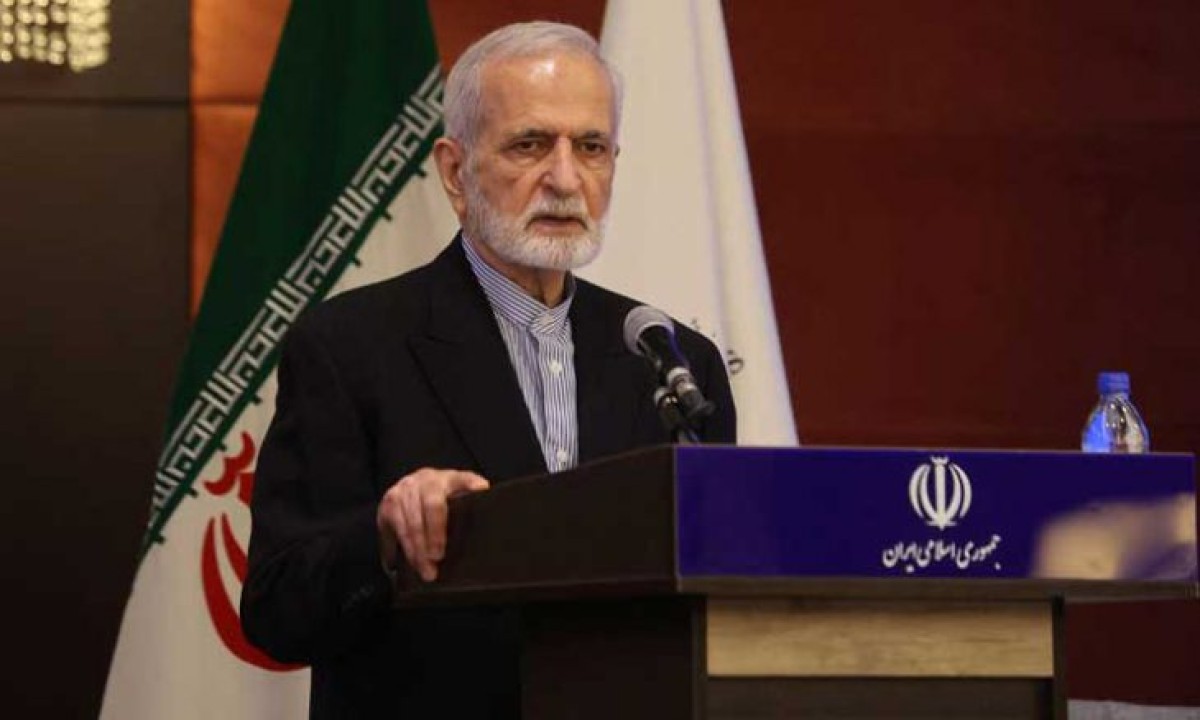After Kharazi's statement...what does "changing Iran's nuclear doctrine" mean?


After statements by a senior Iranian official regarding the possibility of “changing Tehran’s nuclear doctrine,” questions arose about the meaning of this expression, and its potential impact on the conflict that has been ongoing in the Middle East for more than a year.
Kamal Kharazi, advisor to the Iranian leader, said on Friday that Tehran will be forced to change its nuclear doctrine if it faces an existential threat, which raises concerns about the possibility of using nuclear weapons.
Kharazi, head of the Strategic Council for Foreign Policy, explained to the pro-Iranian Lebanese Al-Mayadeen channel: “We now have the technical capabilities necessary to produce nuclear weapons. The current fatwa of the leader (the Iranian guide) is what prohibits it.”
Iran's nuclear doctrine
Iranian Supreme Leader Ali Khamenei banned the development of nuclear weapons, in a fatwa in the early 2000s.
Khamenei reiterated his position in 2019, saying that “building and storing nuclear bombs is wrong and their use is forbidden.”
He added: “Despite our possession of nuclear technology, Iran has vehemently avoided it.”
Last October, a senior Iranian Revolutionary Guard commander warned that Tehran might change its nuclear policy from peaceful to military purposes if it came under pressure from Israeli threats.
Following the escalation of tensions with Israel, the commander of the Revolutionary Guard units responsible for nuclear security, Ahmed Haqtalab, said, “Israeli threats may push Tehran to review its nuclear doctrine and deviate from its previous considerations.”
On October 8, the Iranian Parliament announced that it had received a draft law to “expand the Iranian nuclear industry” for discussion.
The nature of this expansion is not yet known, and it is unclear whether it will include a military program, but recent statements made by Iranian officials indicate that Tehran wants to send proactive messages.
Calls are increasing in Iran to review the country's nuclear doctrine. Last October, 40 members of Parliament sent a letter to the Supreme National Security Council, demanding a reconsideration of the current nuclear policy, noting that Khamenei's fatwa prohibiting the production of a nuclear bomb may be " Subject to change due to current developments.